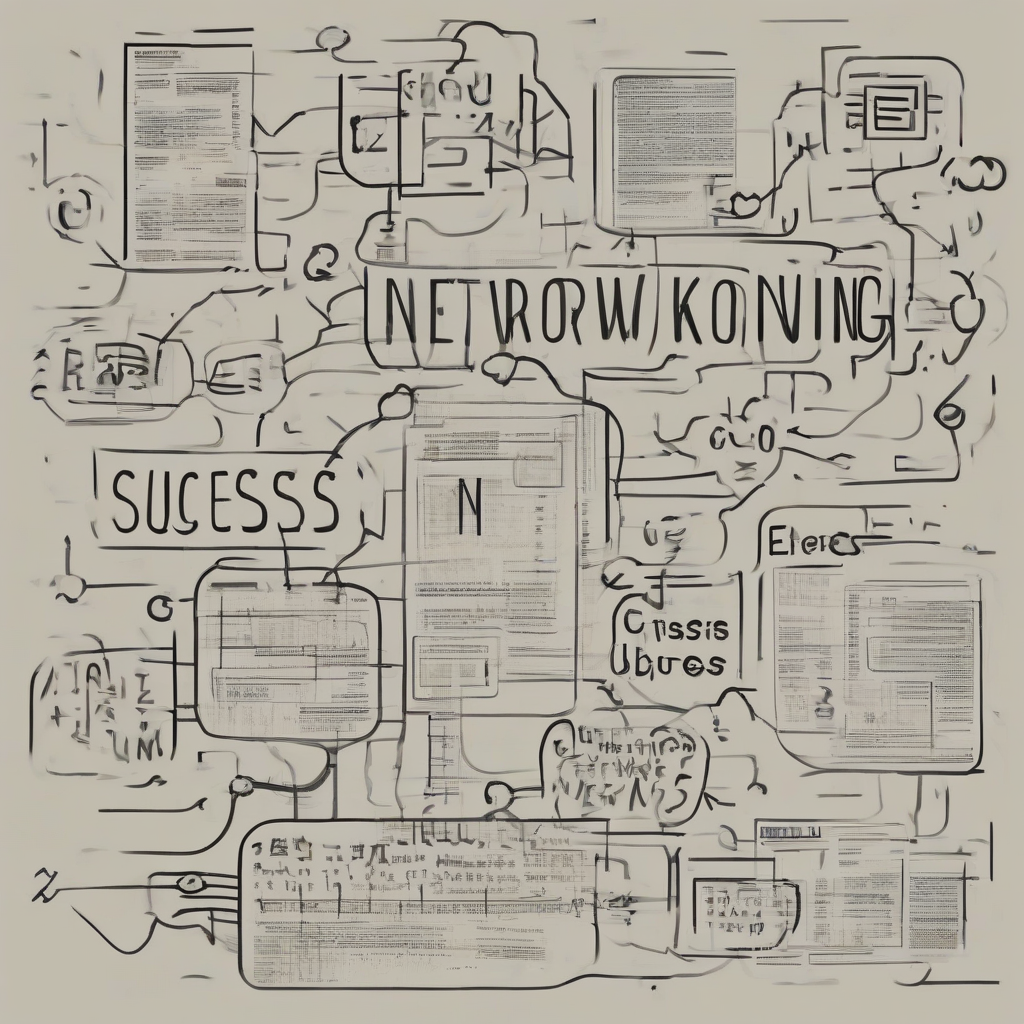Unlock Your Potential: A Comprehensive Guide to Online Certification Classes
In today’s competitive job market, possessing relevant certifications can significantly enhance your career prospects. Online certification classes offer a flexible and accessible pathway to acquiring valuable skills and credentials, regardless of your location or schedule. This comprehensive guide explores the world of online certification classes, covering everything from choosing the right program to maximizing your learning experience.
Choosing the Right Online Certification Class
Selecting the perfect online certification class requires careful consideration of several key factors:
1. Your Career Goals:
Before embarking on any certification program, define your career aspirations. What skills do you need to advance in your current role or transition to a new field? Identify certifications that directly align with your goals and demonstrate proficiency in the required skills.
2. Accreditation and Recognition:
Research the accrediting bodies and industry recognition associated with the certification. Ensure the program is reputable and that the certification holds weight with potential employers. Look for certifications recognized by professional organizations or government agencies.
3. Curriculum and Content:
Carefully review the curriculum to ensure it covers the relevant topics and skills. Look for classes that use up-to-date teaching methodologies and incorporate practical exercises and real-world examples.
4. Instructor Expertise and Support:
The quality of instruction significantly impacts your learning experience. Look for instructors with proven expertise in the field and a history of positive student feedback. Consider the level of support offered, such as access to instructors, teaching assistants, or online forums.
5. Learning Platform and Technology:
The online learning platform should be user-friendly and provide a seamless learning experience. Consider factors such as accessibility on various devices, ease of navigation, and the availability of technical support.
6. Cost and Financing Options:
Compare the cost of different certification programs and explore financing options, such as scholarships, grants, or employer reimbursement programs.
7. Flexibility and Scheduling:
Choose a program that fits your schedule and learning style. Consider the pace of the program, the availability of self-paced options, and the overall flexibility offered.
Types of Online Certification Classes
The landscape of online certifications is vast and diverse, catering to a wide range of professional fields and skill sets. Some popular categories include:
- IT Certifications: Covering areas such as cybersecurity, cloud computing, data analytics, and software development.
- Project Management Certifications: Equipping professionals with the skills to plan, execute, and deliver projects successfully.
- Business and Finance Certifications: Offering expertise in areas like accounting, finance, marketing, and human resources.
- Healthcare Certifications: Providing specialized training in medical coding, billing, and other healthcare-related fields.
- Education Certifications: Supporting educators in enhancing their teaching skills and knowledge.
- Creative and Design Certifications: Developing proficiency in graphic design, web design, and other creative fields.
Maximizing Your Online Learning Experience
To ensure successful completion and maximum benefit from your online certification class, consider these strategies:
1. Time Management:
Create a realistic study schedule that fits your commitments. Allocate specific time blocks for coursework, assignments, and exams.
2. Active Learning Techniques:
Engage actively with the course material. Take notes, participate in discussions, and complete all assignments diligently.
3. Utilize Resources:
Take advantage of all available resources, such as online forums, instructor support, and supplemental materials.
4. Networking Opportunities:
Connect with fellow students and instructors to build a professional network.
5. Stay Organized:
Maintain a well-organized system for managing your course materials, assignments, and deadlines.
6. Seek Feedback:
Actively seek feedback from instructors and peers to identify areas for improvement.
7. Celebrate Milestones:
Acknowledge your progress and celebrate your achievements along the way.
Finding Reputable Online Certification Programs
Several reputable platforms offer high-quality online certification classes. Research and compare different options to find the best fit for your needs and goals. Some popular platforms include:
- Coursera
- edX
- Udacity
- Udemy
- FutureLearn
- LinkedIn Learning
Remember to thoroughly research each platform and program to ensure they align with your career goals and learning preferences.
The Benefits of Online Certification Classes
Online certification classes offer numerous advantages over traditional classroom-based programs:
- Flexibility and Convenience: Learn at your own pace and schedule, from anywhere with an internet connection.
- Accessibility: Overcome geographical limitations and access programs not available locally.
- Affordability: Often more cost-effective than traditional programs, especially when considering travel and accommodation expenses.
- Self-Paced Learning: Learn at a speed that suits your learning style and abilities.
- Increased Career Opportunities: Enhance your resume and gain a competitive edge in the job market.
- Skill Enhancement: Acquire in-demand skills and knowledge to advance your career.
Addressing Potential Challenges
While online certification classes offer many benefits, there are potential challenges to consider:
- Self-Discipline: Requires self-motivation and discipline to stay on track without the structure of a traditional classroom.
- Technological Issues: Potential for technical difficulties or internet connectivity problems.
- Lack of Face-to-Face Interaction: Limited opportunities for face-to-face interaction with instructors and peers.
- Information Overload: The abundance of online resources can sometimes lead to information overload.
Preparing for Your Online Certification Exam
Thorough preparation is essential for success on your certification exam. Here are some strategies to maximize your chances of passing:
- Review the Exam Blueprint: Understand the topics covered on the exam and allocate your study time accordingly.
- Practice Exams: Take practice exams to familiarize yourself with the exam format and identify areas where you need additional study.
- Study Materials: Utilize a variety of study materials, such as textbooks, online resources, and practice questions.
- Time Management: Practice answering questions within the allotted time frame.
- Test-Taking Strategies: Familiarize yourself with effective test-taking strategies to maximize your performance.
By carefully considering these factors and implementing effective study strategies, you can significantly increase your chances of successfully completing your online certification program and achieving your career goals.




